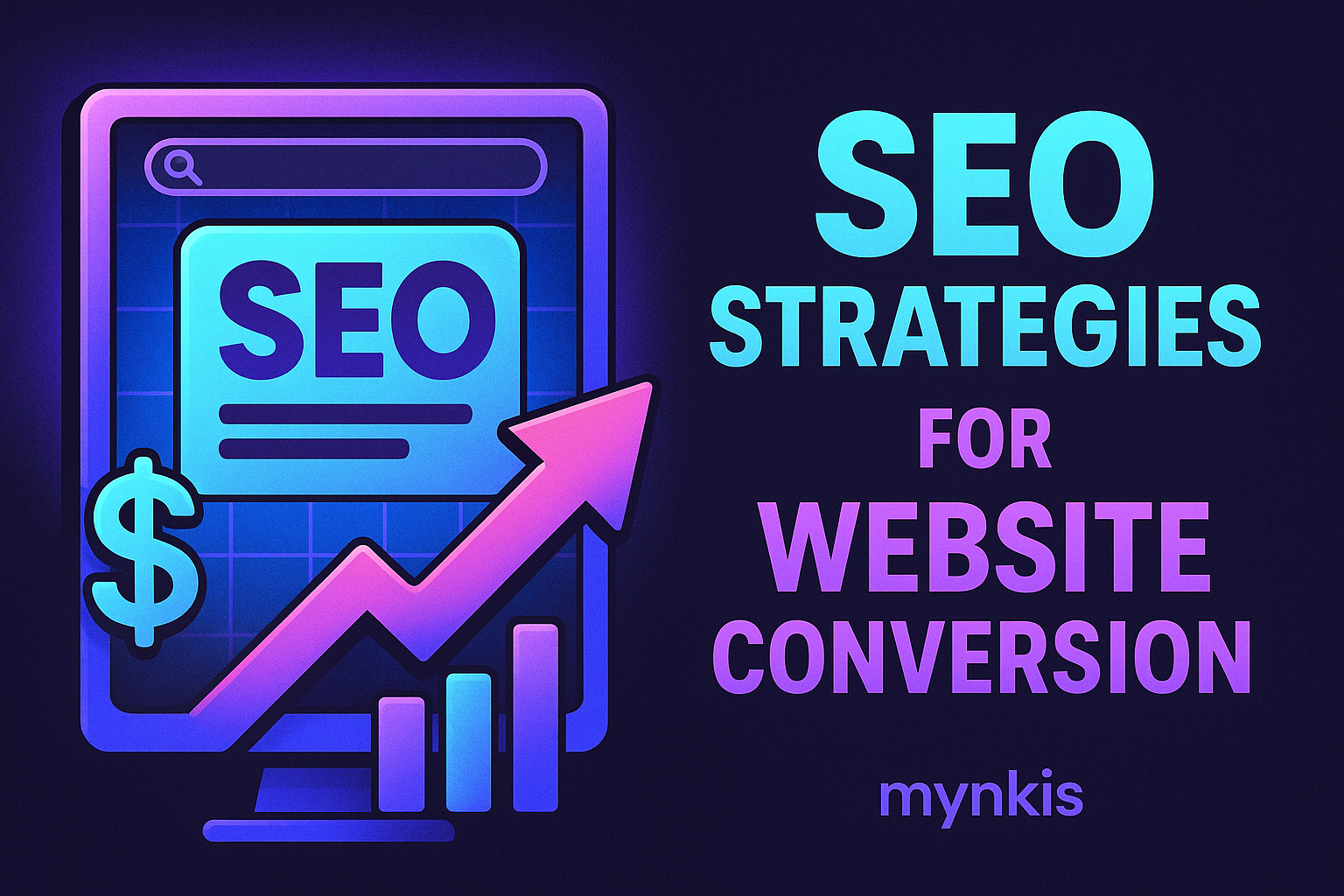Schedule a Demo
Search engine optimization (SEO) isn't just a buzzword; it's the backbone of driving organic traffic to your website. In my work with small business owners, I've seen firsthand how a well-optimized booking-enabled website can skyrocket conversions. From keyword research to on-page SEO elements, there are multiple facets that developers need to master to ensure their sites rank higher and attract more users looking to make bookings.
Keywords form the foundation of any SEO strategy. I often recommend starting with keyword research tools like Google Keyword Planner or SEMrush to identify relevant terms and phrases that potential customers might use to find services similar to those your website offers. For instance, terms related to custom software development or enterprise web solutions should be targeted if these are the services you provide. Ensuring your website includes these keywords in critical places, such as the title tags, meta descriptions, and within the content, is crucial for optimizing your SEO.
Once you have your keywords, the next step is on-page optimization. That means fine-tuning your website's structure and content to be more search engine-friendly. Focus on optimizing title tags with your primary keywords; for example, "Book Your Custom Software Development Appointment Here". Meta descriptions, while not a direct ranking factor, can improve click-through rates. And don't forget about header tags; use , , and judiciously to help search engines understand the hierarchy of your content.
The quality and relevance of your content can't be overstated when it comes to SEO. In my experience working with tech entrepreneurs, pages that provide clear, valuable information consistently outperform those that rely purely on keyword stuffing. A blog post discussing the latest trends in enterprise web solutions, for instance, not only helps your audience but can improve your site's overall SEO if well-optimized for search terms and useful to your users.
SEO and user experience go hand-in-hand. A site designed for ease of navigation and optimized for speed can significantly boost its search engine rankings. I've helped companies implement strategies like streamlined navigation menus, mobile responsiveness, and faster load times, all of which can enhance user engagement. For a booking-enabled site, ensuring that the booking process is simple and swift is critical, as user satisfaction can lead to better dwell times and reduced bounce rates, all favorable for SEO.
Technical SEO forms the backbone of a robust SEO strategy. Everything from URL structure to site architecture needs consideration. A clear sitemap submitted to Google Search Console aids in better crawling and indexing. Moreover, using hreflang tags for multi-lingual sites and ensuring proper redirection from HTTP to HTTPS improves your site's SEO. As a developer, you're in the perfect position to tackle these aspects directly.
With mobile traffic often surpassing desktop, mobile optimization is non-negotiable. Google's mobile-first indexing means that if your website isn't mobile-friendly, your SEO efforts might suffer. Responsive design and touch-friendly navigation are essential for booking websites. I've witnessed small businesses lose conversions simply because their mobile experience was poor; always prioritize making the booking experience smooth on smartphones.
Local SEO is vital for businesses looking to attract customers from specific geographic areas. Implementing and optimizing a Google My Business listing, ensuring NAP (Name, Address, Phone Number) consistency across the web, and crafting geo-targeted content are all strategies I recommend to clients. For instance, if you're a developer building booking sites for businesses in Los Angeles, incorporating "Los Angeles" in relevant sections can enhance local search visibility.
Link building isn't just about volume; it's about quality. While outlink to established tech leaders like Moz or Search Engine Journal demonstrates authoritativeness, acquiring backlinks from reputable sites can be transformative for your SEO efforts. One strategy I often advise is creating valuable, shareable content that naturally attracts links or using guest blogging to establish industry authority and build backlinks. When it comes to custom software development, showcasing your work through case studies or in-depth technical articles can lead to powerful link equity.
Without measuring your efforts, SEO would just be shooting in the dark. Utilizing tools like Google Analytics, you can track organic traffic, user behavior, and conversion rates. This data allows you to refine your SEO strategy continually. For booking websites, conversions are king; monitor and optimize the entire user journey from search result to booking completion to understand where users might be dropping off and why.
SEO isn't just about search engine rankings; it's an integral part of your broader business strategy. When optimizing a booking-enabled website for SEO, you're directly impacting conversions and thus revenue. A well-optimized site sees lower customer acquisition costs and, if done right, can lead to increased customer lifetime value through efficient, user-friendly booking processes and higher engagement rates.
In my interactions with various clients across industries, I've seen several common SEO pitfalls. One major issue is overlooking the importance of content freshness; search engines favor sites that regularly update their content. Another frequent mistake is failing to address technical SEO issues, like poor mobile usability or slow loading times. And let's not forget about ethical considerations; black-hat SEO techniques can cause more harm than good. Transparent practices, based on available research, ensure long-term SEO success while maintaining site integrity.
The future of SEO is dynamic and ever-evolving. Current trends indicate an increased focus on E-A-T (Expertise, Authoritativeness, Trustworthiness) from Google, meaning creating content that demonstrates these attributes will be more critical than ever. Additionally, advances in AI and machine learning could redefine how search engines operate and what they value. To stay ahead, developers should continuously educate themselves and integrate these advancements into their SEO strategies.
